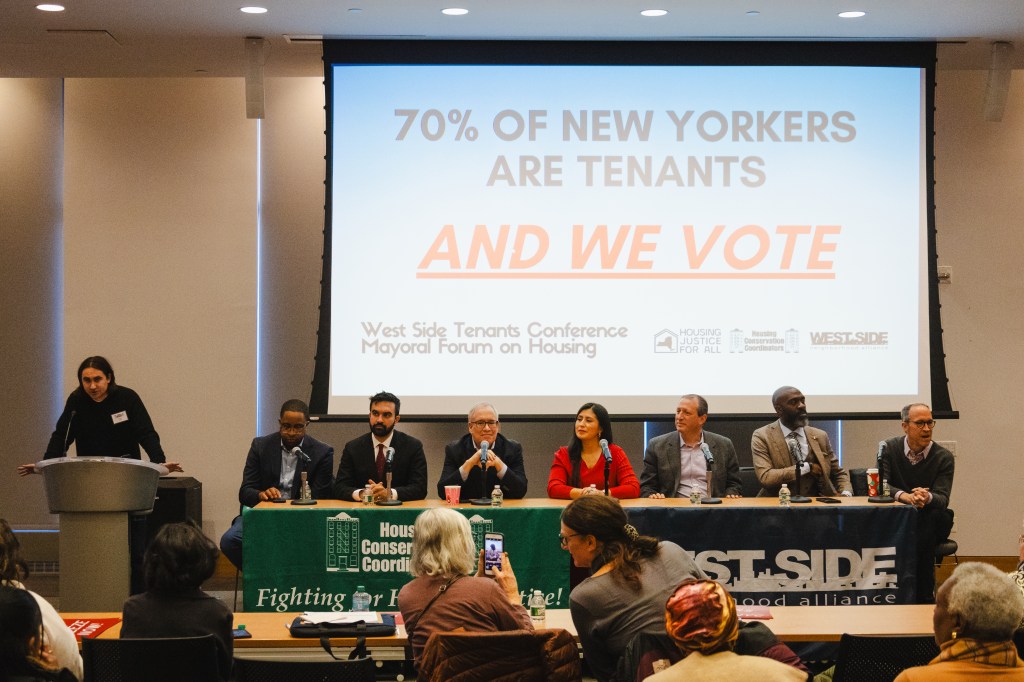City councilmembers have reached a deal with the mayor’s administration to put a temporary cap on the increases in market values to limit increases in taxes for co-ops and condos.
Over the next two years, increases in valuations will be limited to 10 percent each year. By the end of that period, Councilmember Mark Weprin promises to have this issue addressed in totality.
“Co-op and condo residents have been shortchanged by the real property tax system for far too long,” said Weprin. “The agreement finally puts us on the path to fixing the problem once and for all.”
Current state law dictates that co-ops and condos must be valued according to comparable rental, income-generating properties. Critics, including the co-op and condo representatives and elected officials, have called for these properties to be valued as if they were homes.
The deal struck with the administration also called for a group with members from the council and the Department of Finance (DOF) to construct legislation to properly deal with this issue.
Bob Friedrich is the president of Glen Oaks Village, home to several affected units, and also is the founder of the President’s Co-op Council, which represents over 100,000 co-op shareholders.
He called this an important step, but demanded that co-op board presidents be part of the working legislative group to accurately represent their shareholders.
“We bought ourselves some time . . . it really shows that when people . . . get together, they really can move mountains,” said Friedrich.
Previously, the DOF had agreed to limit the increases on valuations for the 2011-2012 Fiscal Year to 50 percent, to be phased in over a span of five years.
When the co-op and condo valuations for the next Fiscal Year were released in January, some increased as high as 147 percent, while the city-wide average increase remained at nine percent.
Since then, Friedrich and several other co-op and condo leaders have protested the valuation increases, as well as a alleged computer glitch that led to these properties being valued relative to commercial buildings.
Their efforts eventually led to a “tax revolt” at City Hall, where residents and several politicians gathered against what they claimed to be unfair valuations.































